Banging the Drumstick: The creative and cultural legacy of the women and migrant workers inside the Peters Ice Cream Factory.
By JOL Admin | 25 November 2019
Guest blogger: Tricia King - 2019 Place Making Fellow.
Many of us have enjoyed the taste and experience of savoring a Peters Drumstick, a Choc Wedge or have plunged a spoon into a 2L tub of Neapolitan ice cream but few might give thought to the workers who created, designed, manufactured, packed and shipped these delicious treats from the Peters Factory in West End across Queensland. Without their hard work and creative vision many of these iconic treats would not have made it off the factory floor.
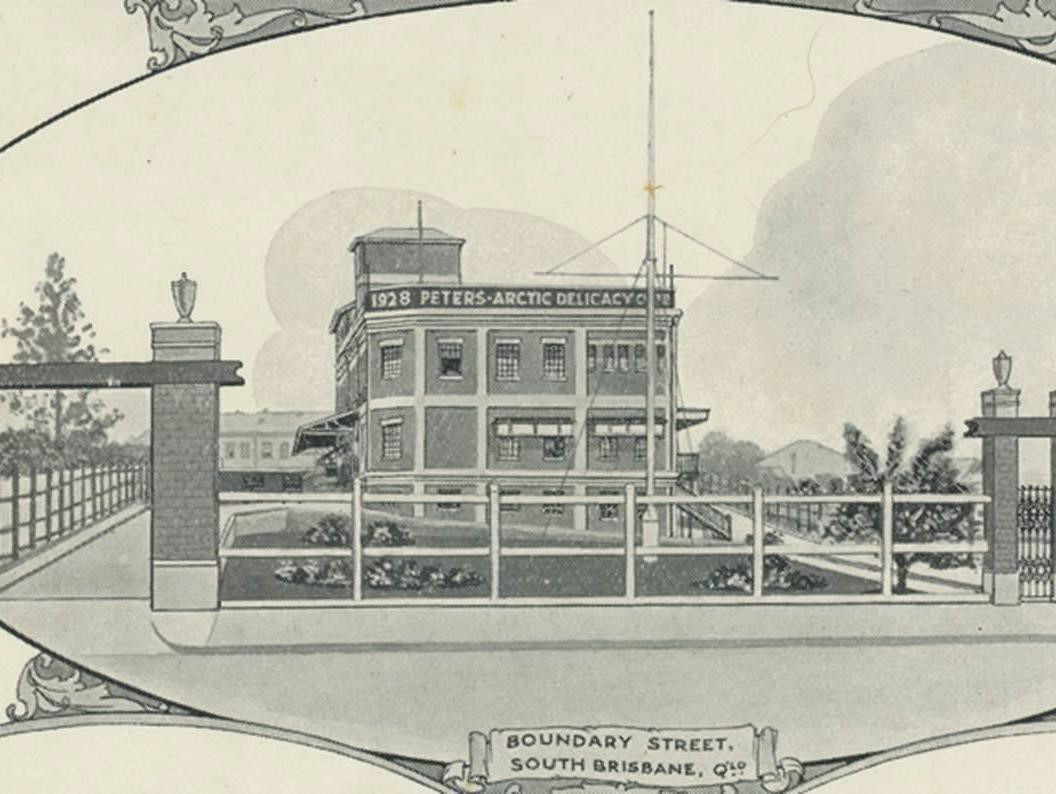
Banging the Drumstick is a new project which seeks to uncover the history and creativity behind the factory doors and look at the impact the factory made on both the social and cultural environment in and around West End. The project is the inaugural Place Making Fellowship, sponsored by West Village and forming part of the State Library of Queensland’s Memory Awards.
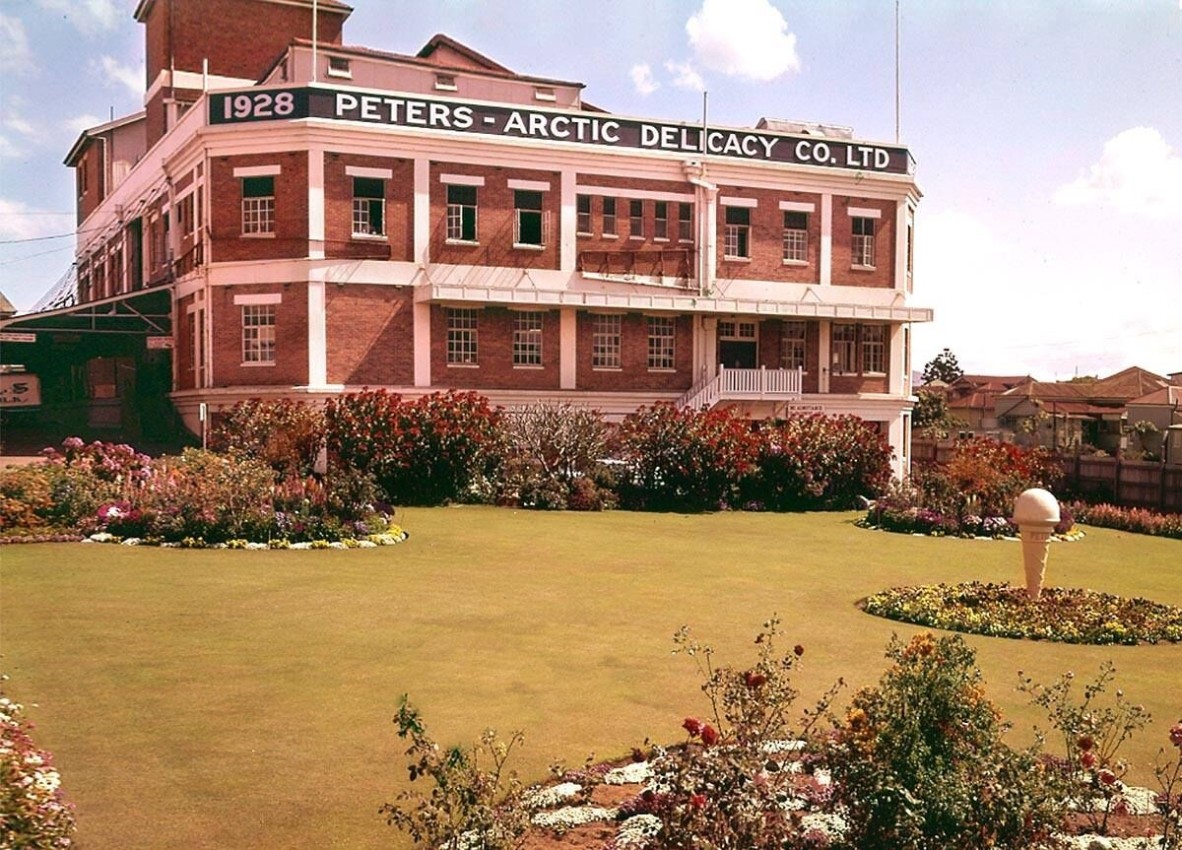
The factory itself is an iconic landmark in West End having been built on Kurlipa land in 1929 by architect Eric Hawksley Boden under the direction of Peters founder Fred Peters. The factory expanded in 1936 and again in the 1970s becoming a dominant presence on Boundary Street. The factory absorbed some of the operations of the Pauls factory after Paul’s was flooded in the 1974 floods and so operations increased to incorporate the Paul’s range, such as the Billabong. In 1996 the company was bought by Nestle and they closed the West End Peters factory shortly thereafter. The site then became home to Absoe Building Equipment until 2014 when the site was purchased by Sekisui House with the intention to develop West Village which is what occupies the site today.
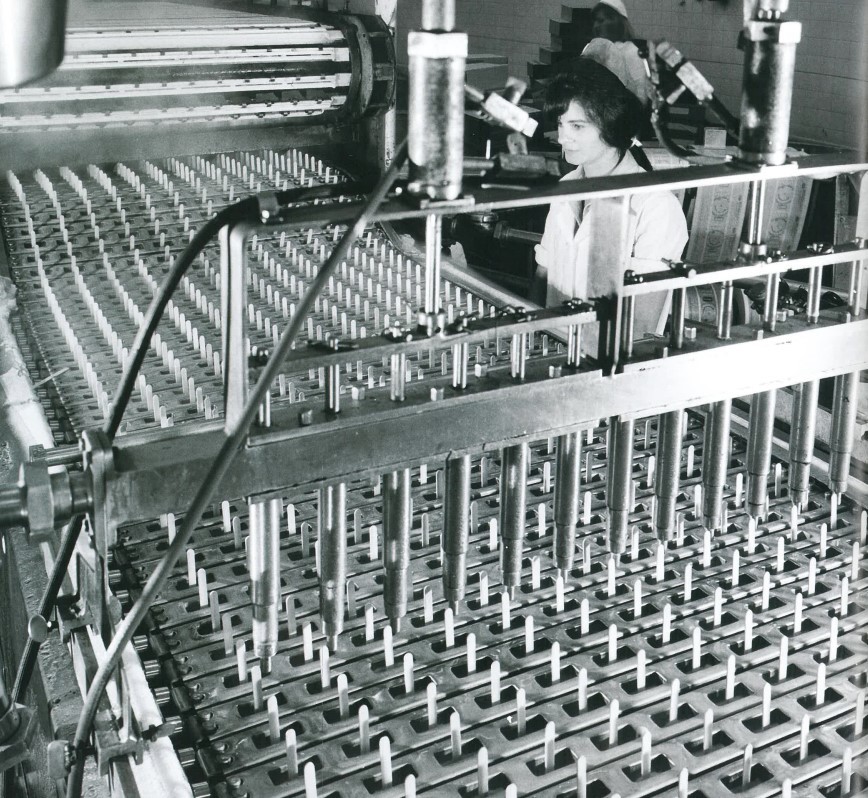
In the seven decades that Peters operated from West End the factory employed thousands of workers, many of them recent migrants to Australia. This focus on a wide and inclusive workforce contributed greatly to the multicultural community which is embedded in West End today. Additionally, at a time when women were re-entering the labor force the company welcomed women not only to the factory floor but in management, marketing, research and specialised trade positions. The inclusivity and community feel made the factory a flourishing, secure and highly desirable place to work. According to Peter Wehr, who worked in the factory for over 35 years, the factory came to a standstill one weekday a month so that everyone who worked there could enjoy a rostered day off. He remembers the focus on the people and the diversity of the Peters family was wide. Peter noted at one time there was a discussion of moving the factory out to Wacol so it could be on a bigger property, however the management recognised not only how integral the factory was to employing the West End community but the role the factory played in creating that community. Thus, the decision was made to stay in West End.
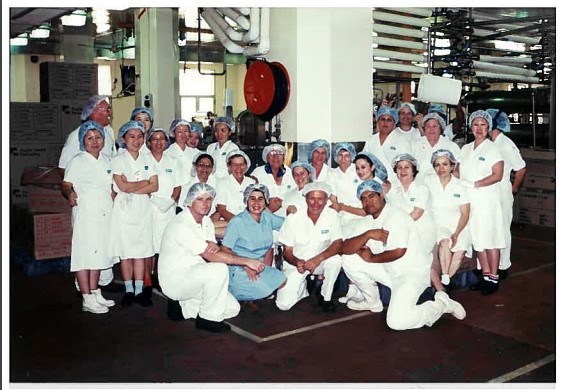
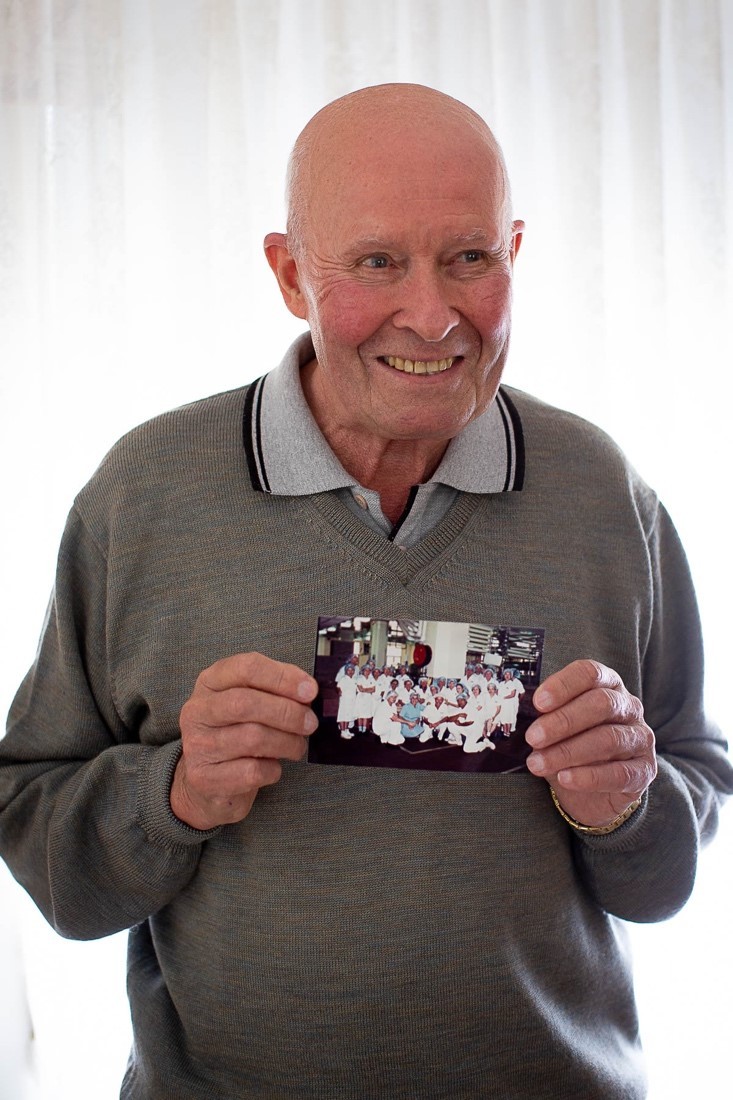
Whilst the Banging the Drumstick project is still in its infancy, interviews with Peter and other former workers have unearthed stories about the diversity of the factory and the opportunities that it forged with community. These stores will be shared on the bangingthedrumstick.net website over the coming months. This project hopes to give voice to former workers and record their stories whilst exploring the cultural, social, and personal impact of the site itself.
If you have a story to tell please get in touch via the website - www.bangingthedrumstick.net
Tricia King - 2019 Place Making Fellow, State Library of Queensland
Comments
Your email address will not be published.
We welcome relevant, respectful comments.